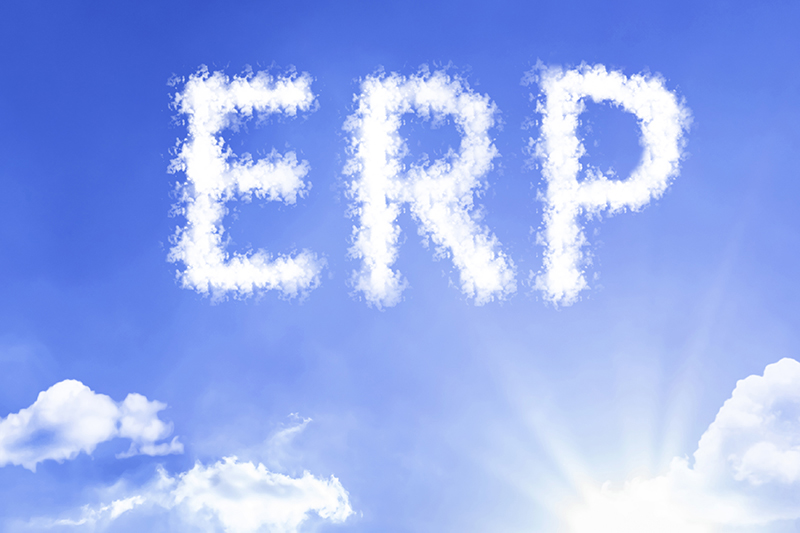Sailing in the Unknown Seas: The Electronics Industry’s Problems in Singapore
The electronics industry in Singapore, a crucial part of the island’s economy, has specific issues and common challenges with other industries. The knotty problem of having to be constantly innovative and introducing new technologies in the market comes from the breathtaking speed of scientific and technological progress. On the other hand, the field of electronics also has to deal with the cross-border, diverse international standards and regulations as well as the delegation of domestic rules and regulations, all of which are harder than in most other fields of endeavor. Cybersecurity threats are something that are encountered only by electronics, where safeguarding intellectual property rights and secret information is decisive.
In a broader sense, the industry goes through some hardships that are also shared by others, such as the lack of skilled labor and difficulty in hiring and retaining employees. Companies feel fine pressure as well to incorporate sustainability into their production and operations, amid the rising concerns about the environment. Meanwhile, having an efficient cost management system is a persistent battle in various sectors including electronics in Singapore.

Metamorphosing Problems into Opportunities with HCM Systems
The harshness of the problems makes the adoption of a highly developed HCM system the key option for the electronics industry. HCM systems, or Human Capital Management systems, are one-stop human resources solutions that could help remove most of the specific and common problems faced by the industry significantly.
HCM systems can help eliminate the labor acquisition bottleneck by the recruitment process being more efficient and thus helping the right person get the right position. On top of that, HR M systems, automate most HR functions, thus allowing firms to direct their efforts to strategic planning instead of administrative duties. In relation to the issue of cybersecurity, a good HCM system along with strong data security measures success in eliminate the fear of the employee and client insecurity.
Interestingly, the very effort to integrate sustainable practices in business becomes even easier through HCM systems that profficiently track and manage compliance with environmental regulations. Moreover, these systems not only automate and optimize the payroll but also minimize mistakes which translates into a saving of time and resources for the firms. With respect to cost-control measures, HCM systems provide a dashboard view, which helps managers make better financial decisions.
Steps for a Successful HCM Implementation
To implement an HCM system properly one requires meticulous care. Firstly, engaging the main stakeholders in planning ensures the alignment of the system with the firm’s strategic goals. The description of objectives and outcomes is essential for the track record on the implementation’s success. The provision of thorough training to employees in addition ensures the transition is smooth and the system is fully exploited.
It goes without saying that the continuous evaluation and the optimization of the HCM system ensure that it stays relevant both to the changing technological standards and to the needs of the firm.
Multiable.aiM18 HCM System: HCM System with Potential Accessing Multiable*
Multiable’s aiM18 HCM system is full of features that allow the direct solving of the industry hurdles:
- Intelligent Roster Planning and Local Compliance Checker: Makes sure that staffing is done optimally and local regulations are adhered to, hence minimizing compliance risks.
- Powerful Payroll Engines: Settles the issues and increases the size of the workload with the first-level run of the payroll for 1.2 million payroll formulas in a fraction of a time.
- Rule-Based Workflow Engine: Facilitates quick, streamlined operations by automating repetitive tasks and thus enhancing productivity.
- Unlimited Appraisal Forms with Flexible Appraisal Score Mechanism: It helps the performance appraisal process be customizable and therefore conducive to organizational objectives.
- ISO:27001 Certification: Critical personal information is securely encrypted using advanced encryption thus the chances of being hacked are very low and hence there is an increase in cybersecurity measures.
Multiable HCM’s Distinction: The IRAS Certificate of Excellence
The Multiable HCM system has gained the formal endorsement from the Inland Revenue Authority of Singapore (IRAS), which further adds to the reliability of the software in the Auto-Inclusion Scheme (AIS) for Employment Income. This is a blessing that manifests the system’s competence in the eyes of the tax authorities since it helps comply with taxation and reporting standards.
What is Multiable HCM?
Multiable HCM is a cloud-native HCM (aka HRMS, HRIS or HR system). With over 6,000 customers, Multiable HCM gains positive feedbacks from customer across different sectors, from manufacturers, distributors, retailers, service providers to NGOs. The renowned no-code approach saves customer a big sum of customization costs and countless hours of implementation man-days.
What is LAIDFU (Let AI Do for You)?
LAIDFU is an AI tool for enterprise to build their own AI agents to perform various business AI tasks.
Proprietary EKP (Enterprise Knowledge Partitioning) technology eases CEO’s concern about trade secret leakage which often occurs in most AI agents / chatbots in the market.
EKP removes the hurdle of business AI adoption by most companies in using sensitive corporate data.
Powered by no-code approach, deployment of LAIDFU incurs far less developers (and development costs) in comparison with other AI tools.
LAIDFU empowers business, with or without an HCM system in place.
Contact us
Error: Contact form not found.